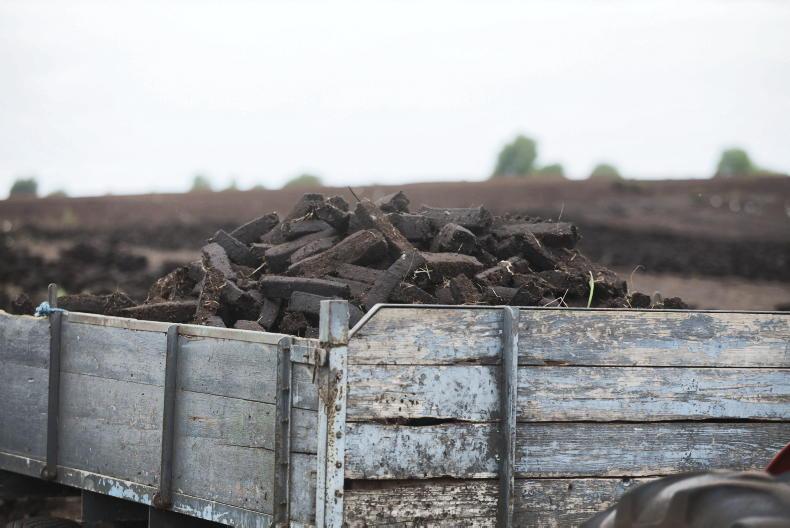Ireland needs to tackle solid fuel burning and transport emissions in order to meet future air quality targets, the Environmental Protection Agency (EPA) has said.
The warning comes following the publication of the EPA’s annual air quality report for 2023, which found that fine particulate matter - mainly from burning solid fuel in our homes - and nitrogen dioxide - chiefly from road traffic - continue to be the main threats to good air quality.
“High levels of these pollutants are often associated with cold, still weather from late autumn through to early spring, when generally incidents of poor air quality of one to two days' duration occur,” the EPA said.
Target
The report identifies the critical role for local authorities to facilitate people to make cleaner and healthier air quality choices and called on local authorities to:
Target air enforcement activities, including to ensure compliance with the solid fuel regulations.Invest in public transport infrastructure across the country.Promote active travel - install and maintain safe footpaths and cycle lanes to continue to increase active travel as a viable and safe alternative to car use and associated nitrogen dioxide emissions.Director of the EPA’s office of radiation protection and environmental monitoring Dr Micheál Lehane said that Ireland now has a world-class air quality monitoring network, so the evidence base is strong in showing us that air pollution is not just a city phenomenon, there are negative impacts in towns and villages right across the country.
“If we want to achieve our ambition of clean air for everyone, everywhere, all year round, then we need to address the emissions from residential heating and invest in transport systems right across the country,” he said.
Ireland needs to tackle solid fuel burning and transport emissions in order to meet future air quality targets, the Environmental Protection Agency (EPA) has said.
The warning comes following the publication of the EPA’s annual air quality report for 2023, which found that fine particulate matter - mainly from burning solid fuel in our homes - and nitrogen dioxide - chiefly from road traffic - continue to be the main threats to good air quality.
“High levels of these pollutants are often associated with cold, still weather from late autumn through to early spring, when generally incidents of poor air quality of one to two days' duration occur,” the EPA said.
Target
The report identifies the critical role for local authorities to facilitate people to make cleaner and healthier air quality choices and called on local authorities to:
Target air enforcement activities, including to ensure compliance with the solid fuel regulations.Invest in public transport infrastructure across the country.Promote active travel - install and maintain safe footpaths and cycle lanes to continue to increase active travel as a viable and safe alternative to car use and associated nitrogen dioxide emissions.Director of the EPA’s office of radiation protection and environmental monitoring Dr Micheál Lehane said that Ireland now has a world-class air quality monitoring network, so the evidence base is strong in showing us that air pollution is not just a city phenomenon, there are negative impacts in towns and villages right across the country.
“If we want to achieve our ambition of clean air for everyone, everywhere, all year round, then we need to address the emissions from residential heating and invest in transport systems right across the country,” he said.










SHARING OPTIONS